
Technology
Latest News

Latest Videos
CME Content
More News
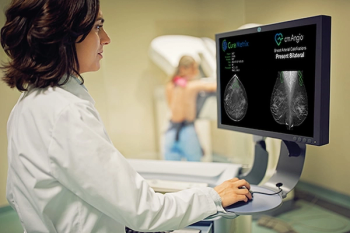
The additional FDA 510(k) clearance for the AI-powered cmAngio platform covers use of the software for GE HealthCare mammography systems.
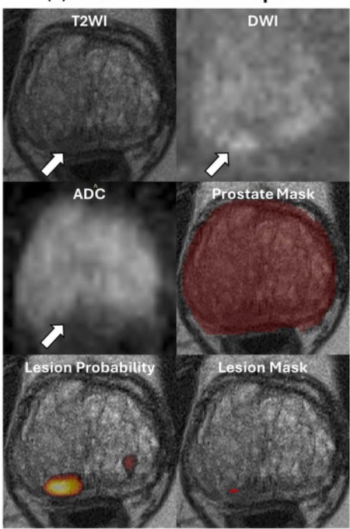
Demonstrating no significant difference with radiologist detection of clinically significant prostate cancer (csPCa), a biparametric MRI-based AI model provided an 88.4 percent sensitivity rate in a recent study.
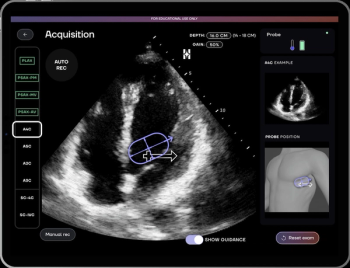
Recent research has demonstrated that the AI software HeartFocus enabled novice health-care providers to achieve greater than 85 percent agreement with expert sonographers in assessing echocardiographic parameters.
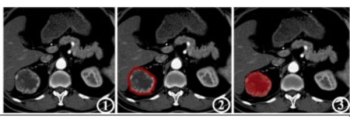
In comparison to a model based on clinicopathological risk factors, a CT radiomics-based machine learning model offered greater than a 10 percent higher AUC for predicting five-year recurrence-free survival in patients with non-metastatic clear cell renal cell carcinoma (ccRCC).

Catch up on the top radiology content of the past week.
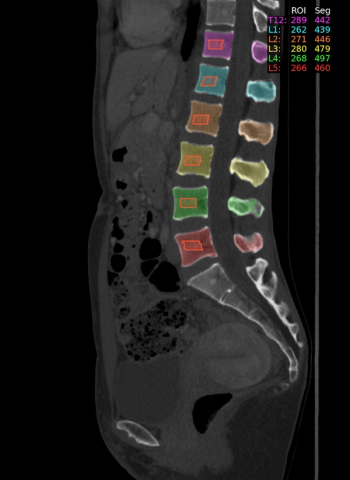
The Bunkerhill BMD software provides AI-automated assessment of bone mineral density from non-contrast abdominal computed tomography scans.
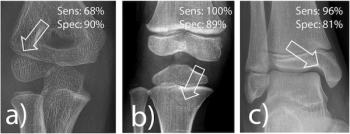
Artificial intelligence (AI) software demonstrated a 92 percent sensitivity for detecting fractures in a study involving over 1,600 X-rays from a tertiary pediatric emergency department.
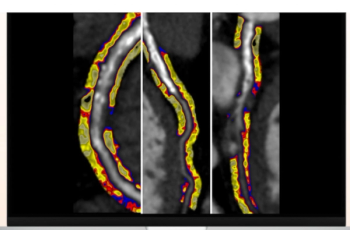
Going into effect in 2026, the new CPT codes may facilitate increased adoption of the CaRi-Heart software for detecting coronary inflammation from computed tomography scans pending FDA clearance of the technology.
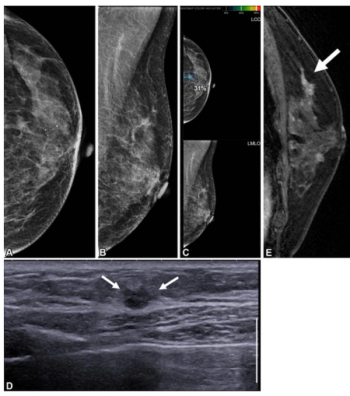
While standalone AI interpretation offered over 10 percent higher sensitivity than radiologists for patients undergoing post-mastectomy surveillance mammography, it missed over 30 percent of breast cancers.

For patients with acute ischemic stroke, research has demonstrated that automated assessment of ischemic core volume on brain CT scans via the Brainomix 360 software is equivalent to that derived from CT perfusion.
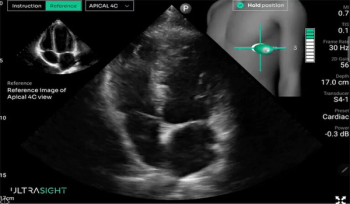
In a study recently presented at the American College of Cardiology (ACC) conference, researchers found that novice use of AI-guided cardiac ultrasound after an AI-enabled electrocardiogram increased the positive predictive value for reduced left ventricular ejection fraction (LVEF) or aortic valve stenosis by 33 percent.
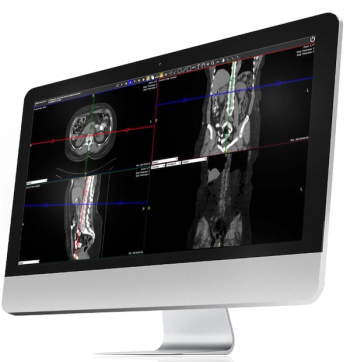
The Exa PACS/RIS platform reportedly combines AI-enabled worklist navigation tools with advances in multiplanar functionality and 3D-generated image segmentation.
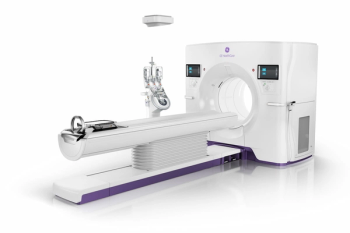
Featuring enhanced low-dose image quality with motion-free images, the Revolution Vibe CT system reportedly facilitates improved diagnostic clarity for patients with conditions ranging from in-stent restenosis to atrial fibrillation.
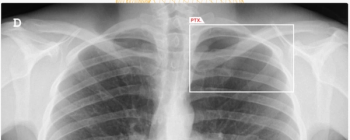
The AI-powered AZchest CXR software reportedly offers 93.79 percent sensitivity and a 98.57 percent AUC for pneumothorax.

Catch up on the top radiology content of the past week.
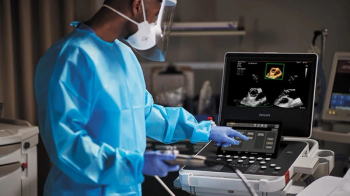
Artificial intelligence (AI)-powered measurement capabilities provide key features with the Compact Ultrasound 5500CV device, which was unveiled at the American College of Cardiology (ACC) conference.
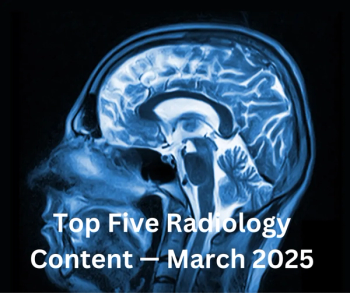
Catch up on the most-well viewed radiology content in March 2025.
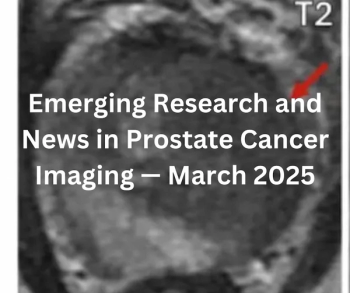
Catch up on the most-well viewed prostate imaging content in March 2025.
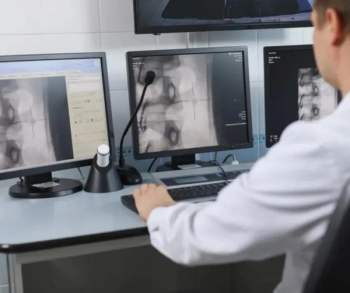
In addition to a variety of tools to promote radiology workflow efficiencies, the integration of the Gravity AI tools into the PowerServer RIS platform may reduce time-consuming prior authorizations to minutes for completion.

Catch up on the top AI-related news and research in radiology over the past month.

Adjunctive use of the AI-powered software led to an average 38.6 percent increase in the detection of pneumothorax by general radiologists, according to a 2023 study.

Catch up on the top radiology content of the past week.
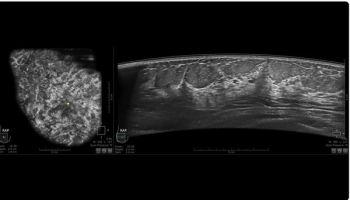
The Invenia ABUS Premium device reportedly offers consistent high-resolution imaging and up to a 40 percent increase in scan speeds for women with dense breasts.
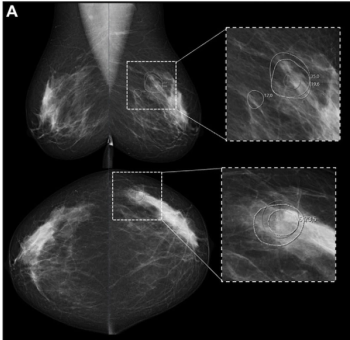
While recalls initiated by one of two reviewing radiologists after screening mammography were nearly 10 percent higher than recalls initiated by an AI software, the AI-initiated recalls had an 85 percent higher positive predictive value for breast cancer, according to a new study.

Catch up on the top radiology content of the past week.













